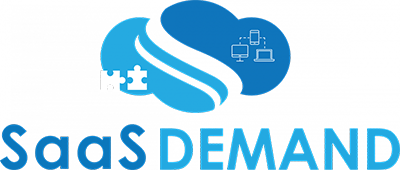Given geographic, political and operational realities, along with the scale of investment required within the industry, companies in chemicals and petroleum cannot exist in isolation. Most are connected beyond the industry consolidation we’ve witnessed recently through engineering, procurement, construction management, joint ventures, or other key service supplier relationships. These companies rely on extensive supply chain networks to bring their products and services to market. Their industry network connects suppliers, partners, distributors and customers, and operates across geographies and regulatory boundaries.
Industry networks become more complex as the number of participants in them increases. They also reorganize constantly through restructuring initiatives, mergers, acquisitions or regulatory actions.
Assets, goods and services are exchanged within these supply chain networks, and value is created through transactions governed by contracts. For a network to function properly, transactions must be recorded accurately in a system of record and be accessible to all participants. This system of record is often referred to as a ledger even though it is usually a digital record.

































































